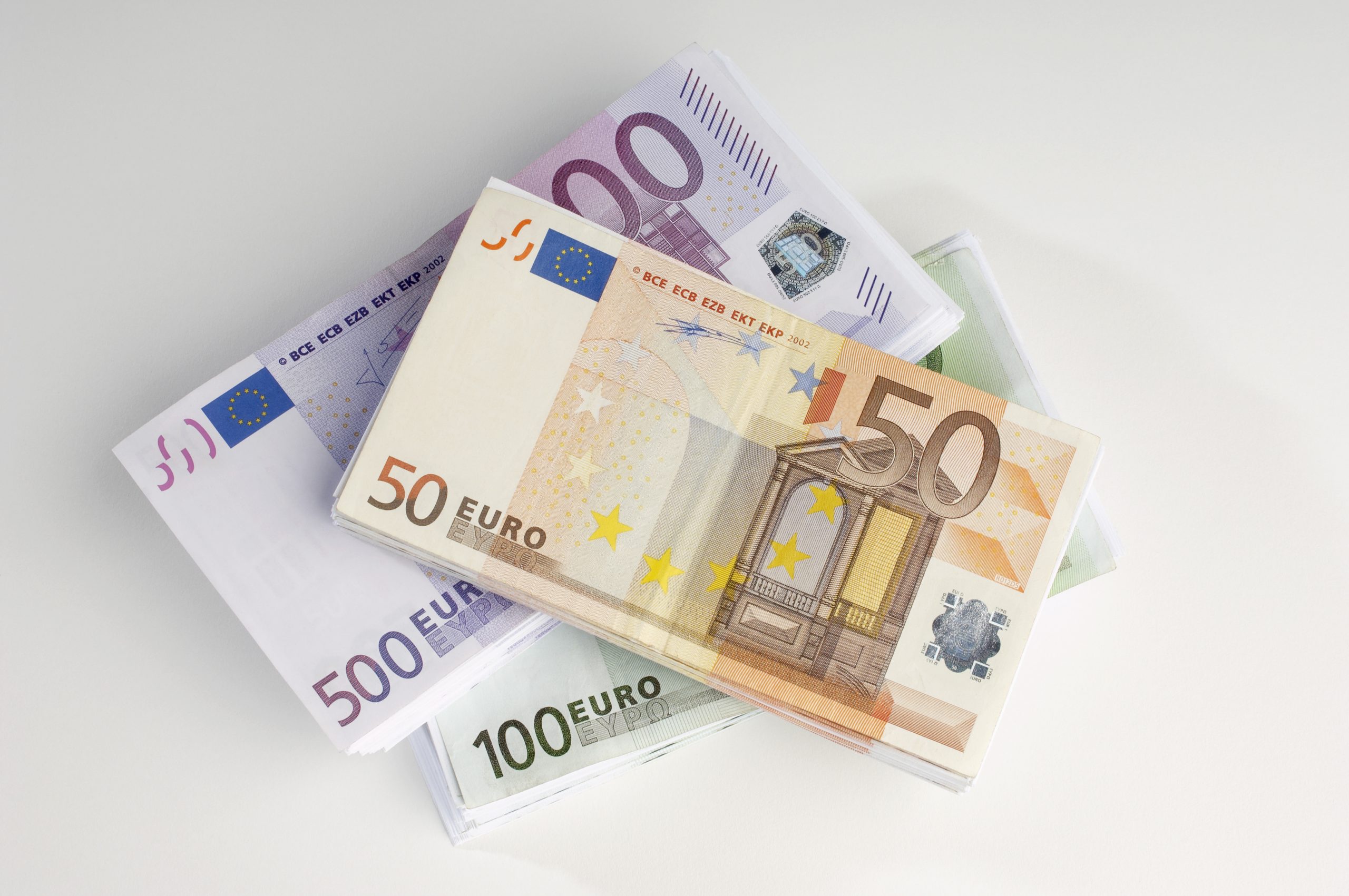How Interest Works For Kids
Interest is what it will cost to use someone else’s money, such as a bank or credit card. If you lend money to someone, you would earn interest, such as putting money into a savings account.
What you are actually doing is giving the bank your money to use, at a price.

For example, banks today will pay you 1% or 2% of your deposit. Most interest rates are calculated for a year, but there are a few banks that pay monthly.
So if you leave $1000 in a savings account for one year, and if the interest paid to you by the bank is 2%, you will earn $20 in a year. ($1000 x .02 = $20).
The next year the interest will be calculated on $1020.
This is what is called compound interest. ($1020 x .02 = $20.40)
Borrowing Money
To use the bank’s money, you have to arrange for a loan.
The interest rate will be a lot higher than what would be paid to you when you lend the bank some money: it could be 2%, 5%,10%, 15%, or higher depending on the length of time you arrange to pay back the loan.
Mortgages are usually quite large and usually have small interest rates but longer time to pay the loan off.
Smaller loans, such as loans for trips, refurnishing your home, computers and video systems, etc. will generally have high interest rates and a short time to repay the loan.
Liens
Another consideration the banks will look at is what you are using the money for. A lien is a claim of ownership if you default (fail) to pay the loan.
The bank can put a lien on what you are buying. For example, if you arrange for a mortgage on the house you are purchasing, the bank will put a lien against the property.
You cannot sell the property without paying the bank mortgage. You have a legal liability to pay back the loan. The same thing applies for vehicles, land, and businesses.
Simple Interest
Simple interest is calculated using the formula: Interest = Principal x Interest rate x Time
Interest = PRT
Example of Simple Interest
Suppose you are buying a car and want a bank loan for $50,000. The bank will tell you what interest rate they will charge you (i.e. 20%) and give you a 5-year term. This means that the loan has to be paid off in 5 years.
Calculate the Interest you will pay: PIT
$50,000 x .2 x 5 years = $10,000 So, you will actually have paid $60,000 for your car.
Quiz Time!
QUESTIONS
What is interest?
What does time have to do with making payments?
Why does a bank put a lien on something you buy?
Can you sell a vehicle or a property without paying the bank loan?
What is PIT?

ANSWERS
Interest is what it costs to use someone else’s money.
Generally, the longer time you are given to repay a loan, the smaller the interest rate.
The bank will take possession of the purchased item to make sure that they can get their money back if a person does not pay the loan.
You are required by law to pay the bank back before you sell whatever you bought or make arrangements that the amount you received goes directly to the bank.
PIT is a way of calculating simple interest: it is Principal x Interest rate x Time.





